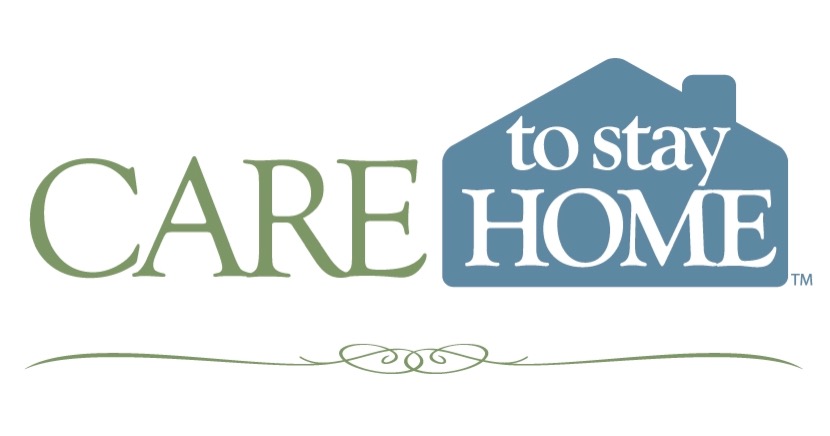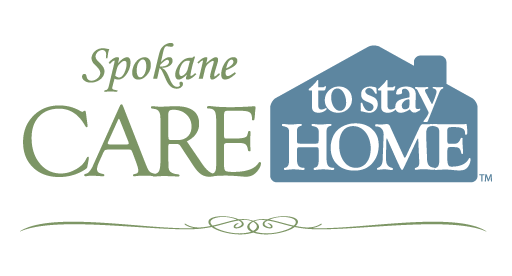30 Mar Preventing Falls at Home: Tips to Stay Safe
A fall can change a person’s life in an instant. Each year more than one in four people age 65 and older takes a fall, and millions of seniors end up in the emergency department every year from injuries related to a fall.
Preventing falls in older adults is key to helping seniors stay independent at home. Broken bones from falls are a leading cause of long-term disability in older adults.
Falls are common, but there are things you can do to protect yourself or your loved one. Keep reading to learn about some of the top reasons people fall, prevention measures you can take, and how a personal care assistant can help you avoid situations that could lead to a fall.
What Causes Falls in Older Adults
Many things can cause a fall, including:
- Medications that cause dizziness or confusion
- Painful foot problems
- Vision or hearing issues
- Unsafe footwear, such as backless shoes or high heels
- Trip hazards, such as rugs, loose carpeting, or floorboards
- Slower reflexes, which may prevent you from catching yourself during a fall
- Certain health conditions, such as diabetes, heart disease, or nerve problems in the feet
- Incontinence, which may cause you to rush to the bathroom, increasing your chance of falling
- Mild cognitive impairment
- Age-related loss of muscle mass, which can cause problems with balance and gait
- Blood pressure that drops too much when you get up from sitting or lying down
Steps You Can Take to Prevent Falls
The idea of falling can be scary. But worries about falling don’t have to rule your life. Here are actions you can take to prevent a fall at home.
Make a list of your medications.
Taking multiple medications—especially five or more—increases the risk of a fall. Make a list of your prescription and nonprescription medications and supplements.
Bring the list to your next doctor’s visit and have your healthcare provider review your medications for side effects and interactions that could increase your risk of falling. Let your doctor know you are concerned about interactions that could contribute to a fall or accident.
Get help with everyday tasks.
Most falls happen at home, and many of those falls are related to housework. Climbing onto a stepladder or standing on a ledge or other unstable surface to clean a window, for example, can significantly increase your risk of falling.
Even everyday tasks like bathing, going to the toilet, and preparing meals can increase the risk of a fall for a person with limited mobility. A personal care assistant can help with many of these tasks, decreasing your risk of a fall.
Keep moving.
Getting regular exercise keeps your muscles and bones strong. It doesn’t have to be strenuous. Gentle exercises like walking, water workouts, and tai chi can help reduce your risk of falls by improving your balance, strength, flexibility, and coordination.
If you’re concerned about falling during exercises, ask your healthcare provider about assistive devices. A personal care assistant can also assist you with daily exercises.
Wear sensible shoes.
High heels, backless slippers, flip flop sandals, and shoes with slippery soles increase your chances of stumbling, slipping, and falling. Invest in properly fitting sturdy shoes with flat, non-skid soles.
Shoes with flat soles not only reduce your chances of falling, they can also help prevent joint pain in the feet, ankles, knees, and hips.
Remove trip hazards.
Throw rugs, electrical cords, and loose carpeting are all well-known trip hazards. But there are other obstacles in your home that could contribute to a fall. Scan your home for potential hazards and make the following changes:
- Remove any potential hazards from walkways, including electrical cords, phone cords, newspapers, boxes, and other items.
- Move coffee tables from high-traffic areas.
- Repair loose wooden floorboards and carpeting.
- Use non-slip mats in the bathroom, kitchen, laundry room, and anywhere else water may collect on the floor.
- Use a non-slip mat in the shower or bathtub.
- Immediately clean spilled grease or liquids—a personal care assistant or in-home care aide can help with daily cleaning tasks.
Install grab bars and handrails.
If your balance is impaired or your mobility is limited, grab bars and handrails can greatly reduce your risk of falling as you move up and down stairs, get on and off the toilet, or step in and out of the bathtub.
Install grab bars and handrails anywhere you feel such a device could help you or your loved one. Also consider a raised toilet seat and a sturdy plastic chair with armrests for the shower or bath. Some assistive devices may be covered by Medicare/Medicaid.
Have your hearing and vision checked.
It makes sense that vision loss could contribute to a fall. When you can’t see clearly, it’s easy to lose your balance or trip over something on the floor. But you may not be aware that hearing loss also makes falls more likely.
People with mild hearing loss are nearly three times as likely to fall, with each 10 decibels of hearing loss increasing a person’s fall risk. Talk to your doctor about checking your hearing and vision and get aids for hearing and vision loss.
Light up your living space.
When objects are hard to see because of low lighting, you’re more likely to have an accident. Make sure your home is well-lit with night lights in the bedroom, bathroom, and hallways. Place a lamp within easy reach of your bed, and store flashlights where you can easily access them during a power outage.
Hire a Personal Care Assistant
Daily tasks like bathing, going to the toilet, getting dressed, and preparing meals can increase the risk of falling for people with limited mobility. The personal care assistants at Care To Stay Home are here to lend a helping hand. Our compassionate staff members offer full assistance with any personal care needs—or we can simply provide supervision and stand-by assistance and support.
We strive to help our clients maintain a normal routine at home with minimal disruptions. Get in touch to schedule your free in-home safety assessment and read what clients are saying about our services.


